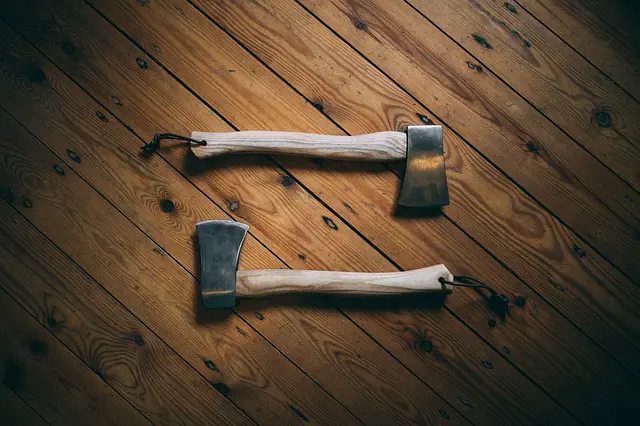When it comes to choosing an industrial flooring, you’ve got to make the right decision up-front. No matter what kind of warehouse you’re operating for whatever industry, the flooring you choose is going to have a huge impact on your day-to-day operations. For example, if you don’t have a flooring that’s durable, you can easily find yourself with plenty of repairs to make over the years when the floor starts the rough up in some places.
That’s why we’ve created the below article to help you out in this decision about what kind of industrial flooring solution to choose. It can be tricky to determine the best type of flooring for you, so we’re going to make that choice is a bit easier for you. Keep reading down below to learn some more!
• Epoxy
First up, we have epoxy flooring, which is one of the top choices for any industrial warehouses or buildings that require super durable flooring. Epoxy flooring is going to be super durable, have amazing strength, and be resistant to any kind of abrasions. These types of floors are going to be the most cost-effective for your money because they’re not going to break or be destroyed anytime in the near future. The coating of an epoxy floor is created by mixing liquid resin and hardener, which creates a super protective coating that’s going to save your floor from any kind of damage.
This type of floor is going to be able to withstand any kind of heavy machinery like Drills and Drivers that will be used on a daily basis. In addition, epoxy floors are resistant to all kinds of chemicals and bacteria, so it’s perfect for those businesses operating in an industrial setting.
• Vinyl
On the other hand, we have vinyl flooring. These type of floors might fool you a bit because they are a super similar to epoxy floors. They are super resistant to water and moisture, plus you’re going to be able to customize the color and patterns to your liking – like epoxy floors. However, on the durability and strength side, epoxy wins out this fight. Vinyl floors are pretty cheap, which is why most companies would go for this type of floor. However, that cheapness is going to bite you in the you-know-where when it starts to break and be damaged by the heavy machinery running over the floor. You are going to have to take vinyl flooring through regular cleaning and maintenance, which is going to increase its total cost in the end. That cheap up-front price point is definitely not worth the cheap-quality of material that you’re going to get with vinyl.
• Rubber
Lastly, we have rubber flooring, which are ideal for those facilities that have a lot of foot traffic running through on a daily basis. This really great material is slip-resistant, water-resistant, fire-resistant, and shock-resistant. This makes them perfect to have when you have employees running around all day doing work. This is going to keep them safe when they’re doing their daily duties.
However, there is a downside to rubber in that rubber flooring is easily scratched. This is going to require plenty of cleaning and maintenance if you aim to have pristine flooring for a long period of time. It’s probably a better idea to go with epoxy flooring that’s not going to be scratched and damaged as easily as rubber and vinyl floors.
These are top three materials that are most common for industrial flooring. Which one do you think you’re going to use for your warehouse or industrial building? They are all common choices, but epoxy flooring is going to give you the durability and strength necessary for industrial jobs.


Leave a Reply
You must be logged in to post a comment.